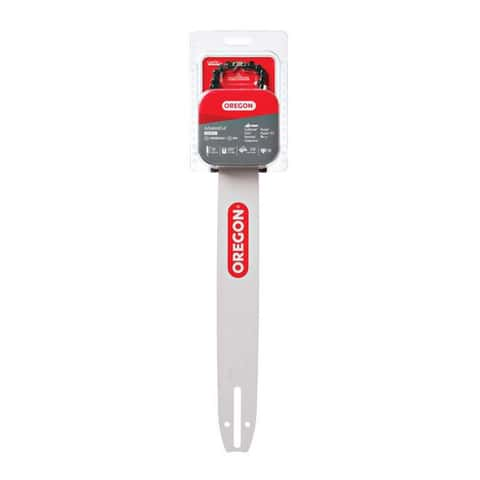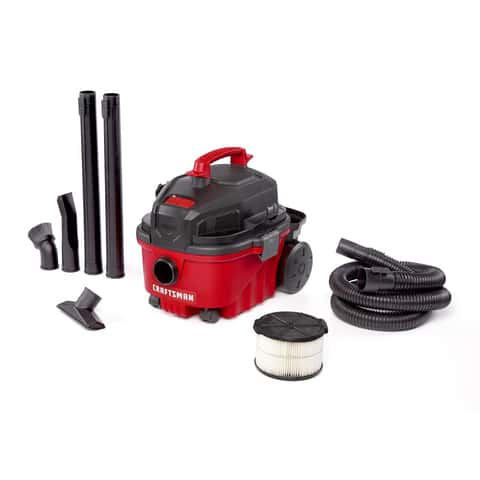Outsourcing compliance monitoring enables businesses to optimize operational efficiency and mitigate risk. It also ensures accountability and greater transparency. Look for a provider with clear contracts and an exit strategy, as well as a commitment to following industry-specific compliance guidelines.
Maintaining a comprehensive compliance program can be costly, and failure to comply can result in heavy fines and legal action. Third-party compliance solutions can help minimize financial and reputational risks by leveraging advanced technology platforms.
Regulatory compliance outsourcing
Regulatory compliance outsourcing offers financial firms, RIAs, and broker-dealers the benefits of cost savings, risk management improvements, and technology-driven efficiencies. It also allows them to allocate resources toward core business functions and grow rapidly without the burden of a costly in-house compliance team. However, the process is not without its challenges. For example, some companies worry about losing control over compliance tasks by partnering with an outside service provider. However, these concerns can be addressed by establishing clear communication frameworks, setting key performance indexes, using shared systems, and defining escalation and governance structures.
Selecting a good compliance outsourcing company requires careful research and consideration. Look for a partner that specializes in your industry and has a deep understanding of the regulations and compliance frameworks you use. In addition, choose a firm that is proactive in monitoring regulatory changes and offers ongoing support.
Having a third-party handle the monitoring of your compliance activities will increase transparency and accountability in your company. Reputable compliance outsourcing companies will provide detailed documentation and regular updates on compliance activity, minimizing risks and ensuring full visibility. They will also help you to identify and avoid regulatory risks before they become a major issue. This is vital for avoiding fines and legal action, and preserving your reputation among customers, investors, and partners. Moreover, a good compliance outsourcing company will offer proactive guidance, which can help you minimize risks and achieve your regulatory goals.

Compliance monitoring services
Compliance monitoring is a critical aspect of any business. Whether you’re working in a highly regulated industry or not, it is essential to continuously monitor and assess your company’s compliance with internal policies and specific industry standards. This can help you identify areas of non-compliance and mitigate risks before they become a major problem.
This process involves reviewing and assessing your operations, activities, and processes to ensure that they meet regulatory compliance requirements. It can be conducted manually or through automated systems and is a dynamic process that involves surveillance, review, and analysis of how your organization performs and the risk factors involved. It also enables teams to take corrective action before issues escalate.
A strong compliance monitoring system can help reduce costs and improve the performance of your business by ensuring adherence to Vietnam’s preferential tax policies for FDI. Using an automated solution can speed up compliance checks, reducing the time spent on manual tasks and freeing up staff for other duties. Moreover, it can alert your team to potential problems in real time, allowing them to address them before they escalate into large-scale compliance failures.
A good compliance monitoring solution will seamlessly integrate with existing systems to provide a comprehensive view of the compliance status across the organization. This will make it easier for you to track adherence to internal and external policies, as well as avoid fines from regulators. It should support the work of legal, IT, finance, HR, and operations teams to help them coordinate their efforts.
Third-party compliance solutions
Third-party compliance solutions are a critical component of any business. They help organizations protect their brand and reputation by ensuring third-party adherence to laws, regulations, and policies. They also provide a single, centralized platform for all compliance monitoring activities. This ensures consistency and efficiency, minimizing the risk of legal disputes, financial fines, or reputational damage. Ultimately, a robust third-party compliance program is an effective way to build trust with stakeholders and protect long-term profits.
A third-party compliance solution is a software tool that allows companies to perform due diligence and monitor third parties. It is designed to streamline the process of evaluating third-party risks, so companies can make informed decisions about their suppliers, vendors, and contractors. It also helps companies save time and money by eliminating manual processes.
Vendors are the most common third-party, but the term can extend to any external entity that interacts with a company. This includes suppliers, distributors, outsourcing agencies, contractors, affiliates, and even consultants. Third-party compliance involves vetting third-parties, setting clear expectations and guidelines, and ensuring that they follow the same compliance standards as their own organization.
It is crucial to choose third-party vendors with a solid track record and commitment to ethical business practices. This can be done by conducting due diligence and assessing their integrity, financial stability, and compliance records. It is also important to monitor vendors continuously, identifying any changes in their compliance status.
Benefits of outsourcing compliance
Regulatory compliance management can be a costly endeavor. Hiring and training compliance staff requires a significant investment, while maintaining systems and technology is time-consuming and expensive. Outsourcing can help reduce costs and provide access to specialized expertise. It can also offer flexibility and scalability, allowing companies to adjust their compliance activities as their businesses grow.
Choosing the right outsourcing provider is critical. Make sure they are reputable and have extensive experience in your industry. Ask for client references and case studies to assess their performance. In addition, ensure that they adhere to all applicable laws and regulations, including privacy laws. Also, establish a clear dispute resolution mechanism. This will mitigate risks related to unforeseen events, such as litigation or settlements.
A third-party provider can improve transparency and accountability in a company’s compliance processes. They can provide detailed documentation and regular updates, ensuring that everyone in the company understands the status of compliance efforts. Moreover, they can prevent inadvertent breaches by identifying vulnerabilities that may go unnoticed in-house.
Outsourcing compliance can free up internal resources to focus on strategic initiatives, innovation, and growth. However, it is important to consider the long-term impact of outsourcing compliance before making a decision. It is also important to communicate the rationale behind outsourcing to internal teams. This will help ensure that they buy in to the process and support its success.
















